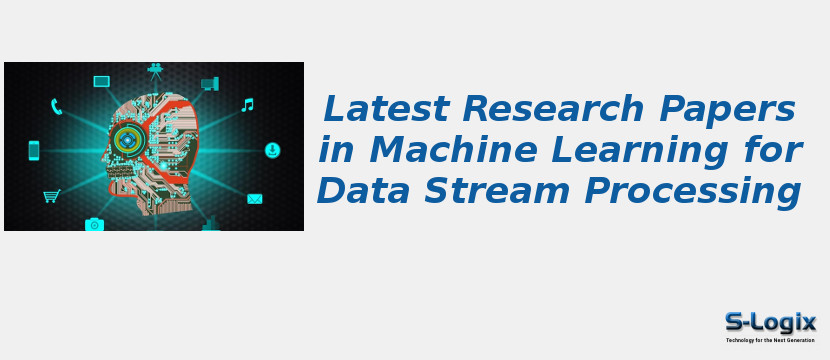Machine learning for data stream processing is a significant research area that focuses on analyzing continuous, high-velocity, and potentially unbounded streams of data in real time. Research papers in this domain explore algorithms and frameworks for tasks such as classification, clustering, anomaly detection, and prediction on streaming data from applications like IoT, finance, social media, sensor networks, and network traffic monitoring. Traditional approaches include incremental learning, online learning, and ensemble methods, while advanced studies leverage deep learning architectures such as recurrent neural networks (RNNs), long short-term memory networks (LSTMs), gated recurrent units (GRUs), and attention-based models for temporal pattern recognition. Key contributions include handling concept drift, memory and computation efficiency, real-time model updating, and adaptive feature selection. Recent studies also address challenges such as high-dimensional data, distributed stream processing, edge/fog-assisted learning, and privacy-preserving online learning. By applying machine learning to data stream processing, research aims to provide accurate, adaptive, and low-latency insights for dynamic decision-making in real-world environments.
